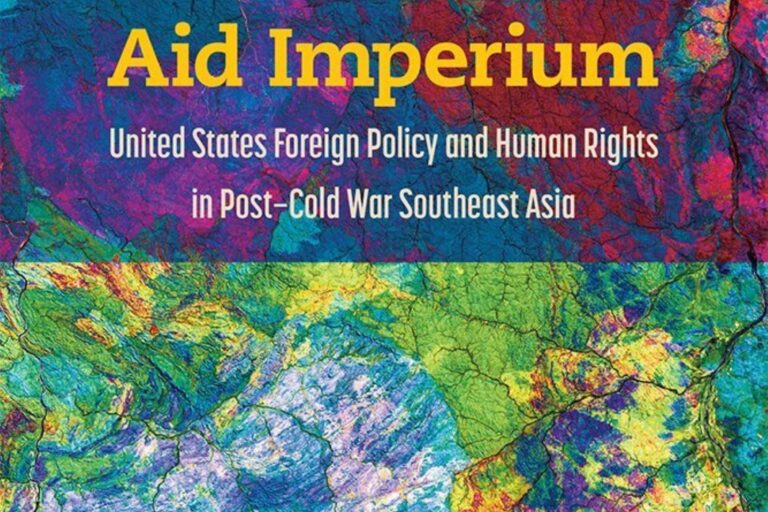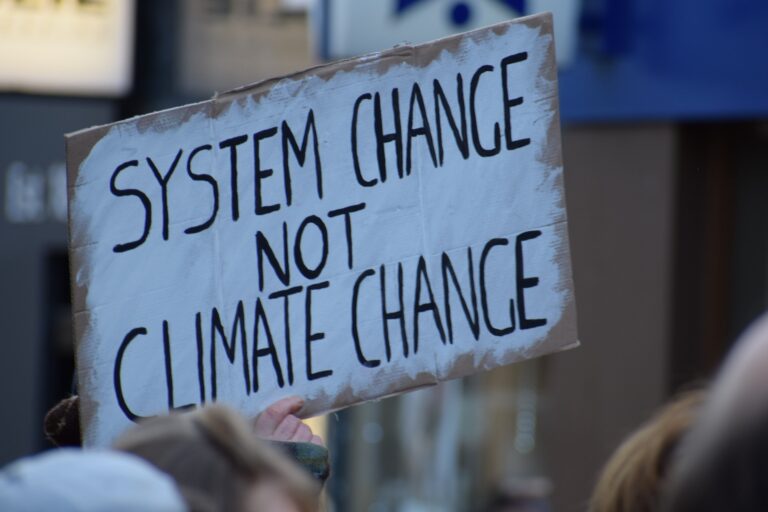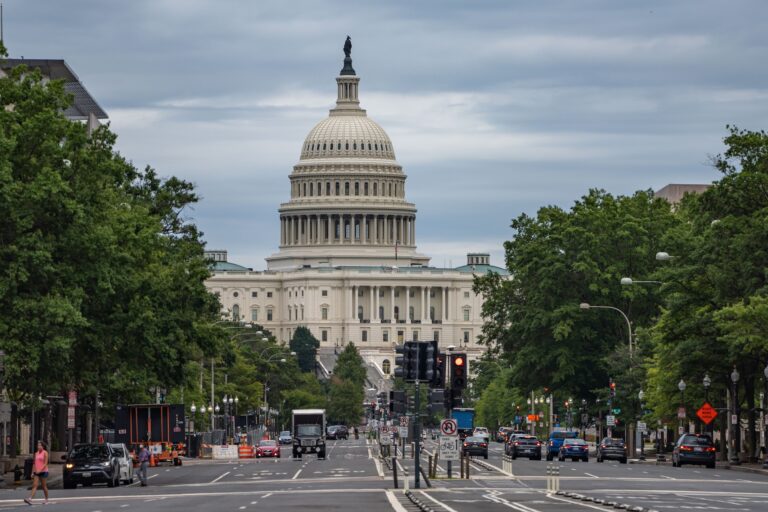
Category Economics


Why the Global Skills Partnership between Morocco and Belgium is a Positive-Sum Game

Why China is Serbia’s New Main Ally in the Kosovo Independence Dispute

A Development Journey: Non-stop from the Northern Triangle of Central America to Denmark?

Book Review: Aid Imperium by Salvador Santino F. Regilme Jr.

Insurance Instead of Deterrence: A Pivot in Cybersecurity Strategy

Review: Robert Vitalis’ Oilcraft: The Myths of Scarcity and Security that Haunt U.S. Energy Policy

Beyond MIRVs and SCUDs, the Newest Global Weapon Is ESG

Domestic Policy Is Foreign Policy: Wage Stagnation and Income Inequality Threaten America’s Leadership Abroad

The RCEP minus India: Reasons and Implications
The RCEP was to be a potent vehicle to support the spread of global production networks and reduce the inefficiencies of the multiple prior Asian trade agreements. Yet India still pulled out. Why?
How a Population of 4.2 Billion Could Impact Africa by 2100: The Possible Economic, Demographic, and Geopolitical Outcomes
Since the United Nations released the 2017 edition of its annual World Population Prospects report that predicted a surge in the population of Africa as early as 2050, African leaders and development economists have debated how the continent should prepare. This article analyzes Africa's looming demographic explosion and its likely consequences to help provide the foundational knowledge required for African leaders to make informed policy decisions.
From the Canal to the Comarca: Industrial Policy for Inclusive Growth in Panama
Following 25 years of GDP growth, Panama is at a turning point. It must simultaneously address both sides of these longstanding divides. In keeping with this line of thinking, the solution also relies on a dual approach. Panama should further its industrial policies both “in the small” to support current comparative advantages and “in the large” to facilitate the creation of new ones.
